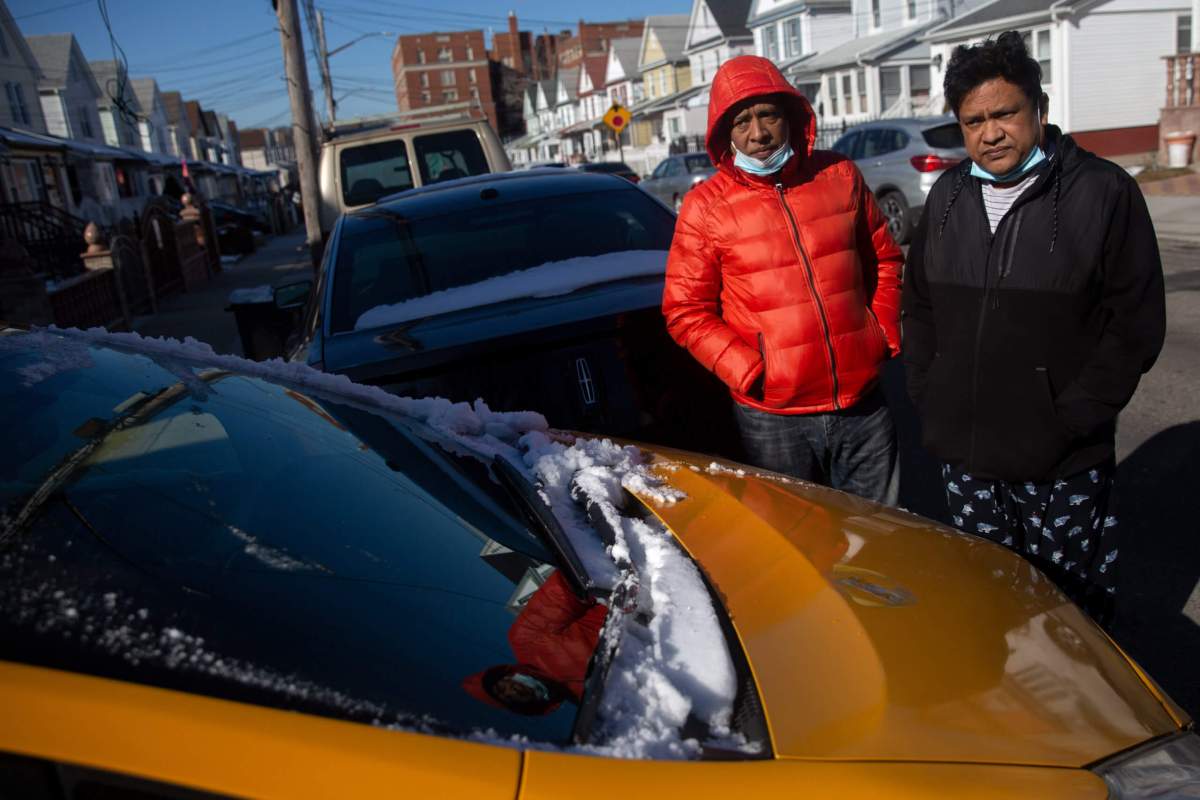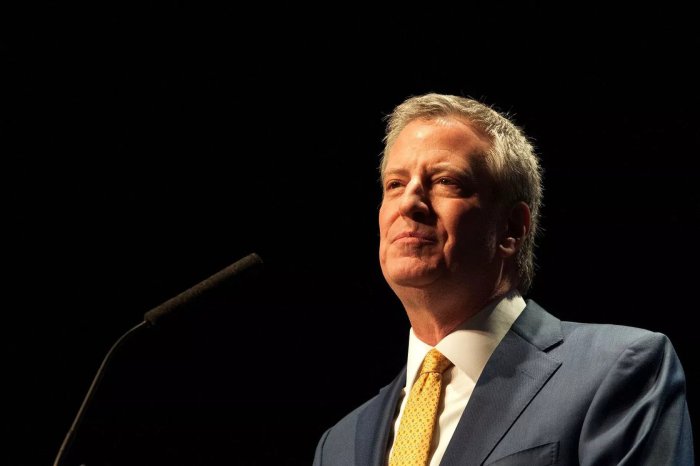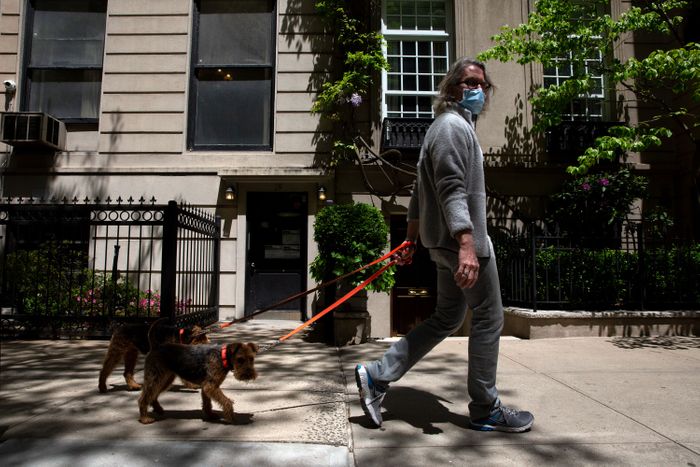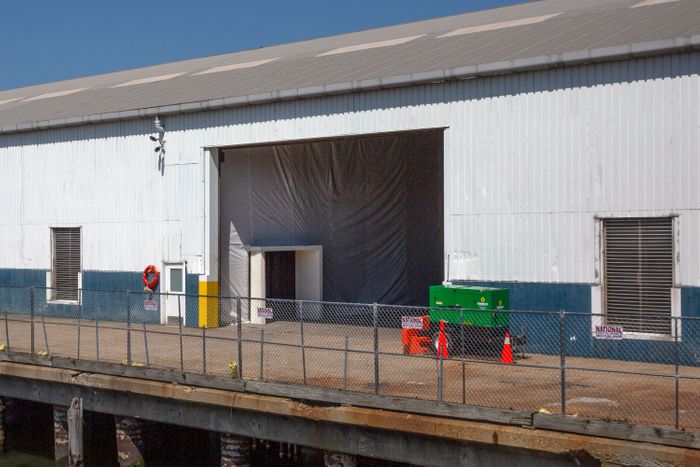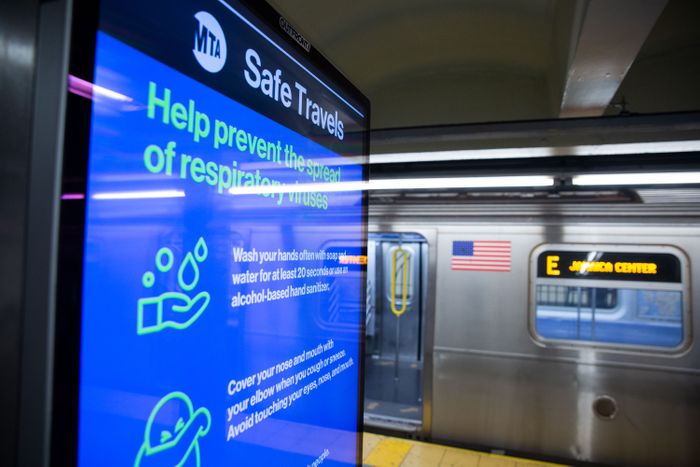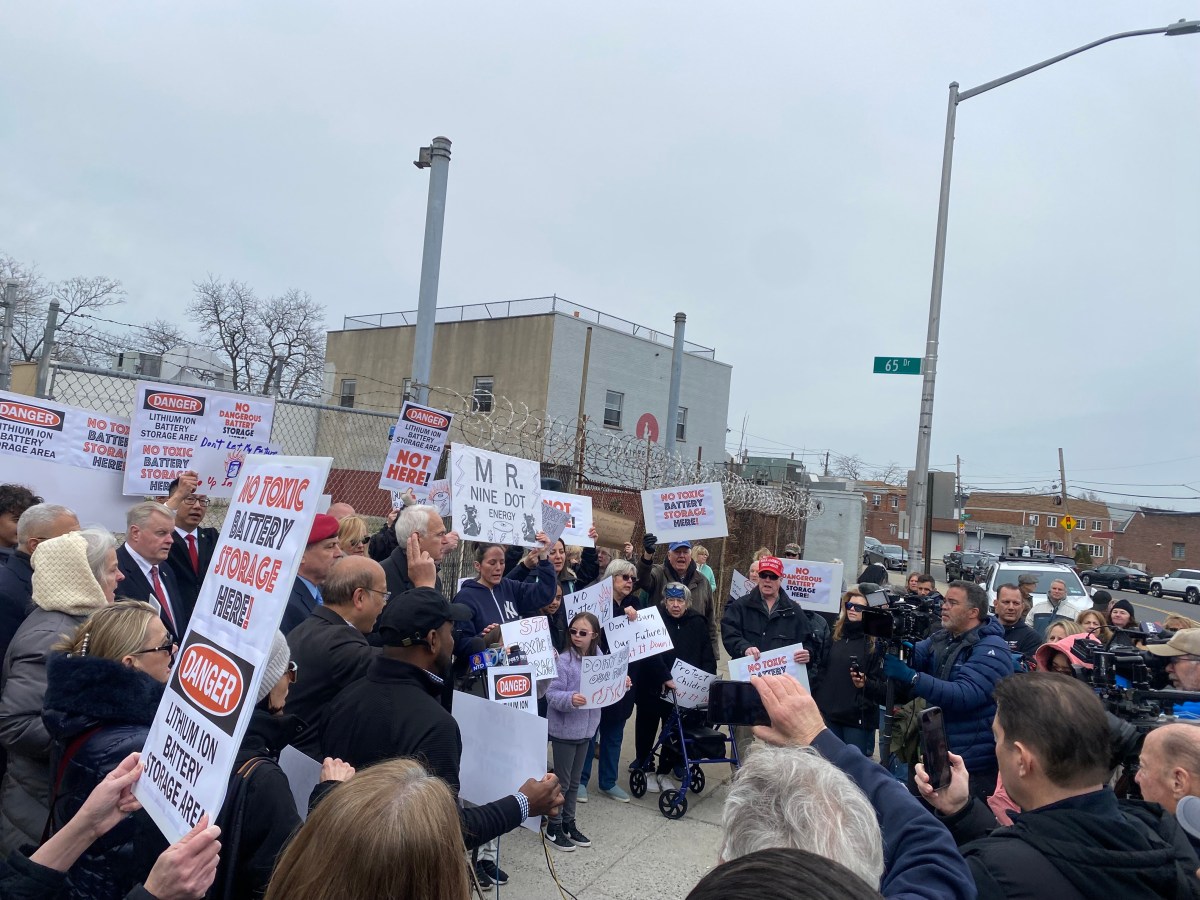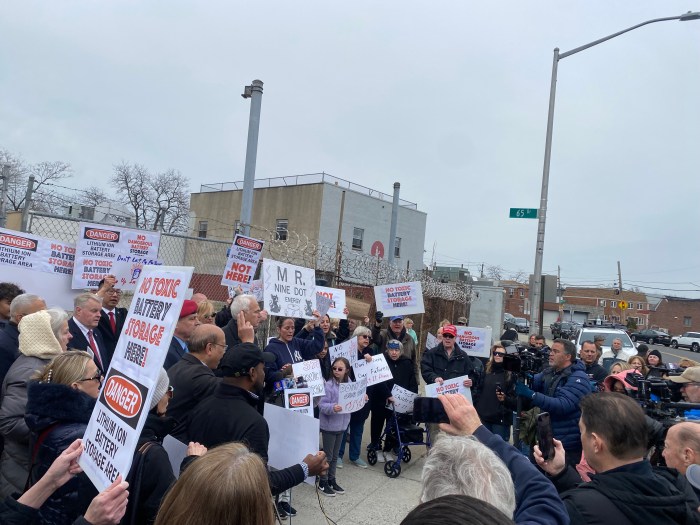This article was originally published on by THE CITY
Mohammed Motaleb had just pulled his 2012 Toyota Prius out of the JFK Airport taxi lot last month when he noticed a Ford Crown Victoria tailing him.
“They followed me honking, honking, honking, like it was a police car,” is how he described the January 16 encounter with a man who he said tried to seize the taxi medallion he has owned since 2009. “They stalked me like 200 meters.”
The airport run-in ended, Motaleb said, with him calling police after the other driver blocked his yellow taxi and attempted to repossess the once-coveted metal plate that authorizes drivers to pick up street hails.
A Port Authority spokesperson confirmed that police officers responded to the dispute between “a medallion driver and a repo company employee,” but said they did not become involved because it was not a criminal matter.
“I said, ‘You cannot take my medallion,’” Motaleb told THE CITY. “I said, ‘If you have the legal authority, you can show me,’ and he did not show me.”
Less than three weeks later, the Bangladeshi immigrant received a letter from a law firm informing him that his medallion will be sold at a private sale on or after February 18 “to enforce the rights of OSK,” a Minnesota-based lender that has approximately 400 medallions, according to the city’s Taxi and Limousine Commission.
The encounters highlight the continued pressures facing taxi medallion owners — even after many celebrated the city’s November commitment to guarantee medallion loans. The pledge ended a hunger strike and is designed to ease the devastating financial burden on many in the industry through lower monthly payments.
“Oh my gosh, it was a moment of hope and triumph,” said Bhairavi Desai, executive director of the New York Taxi Workers Alliance.
But for some medallion owners, that moment of hope has proven to be fleeting.
‘Bad-Faith Players’
TLC records reveal that 94 medallions were foreclosed on in January, 87 in December and 72 in November. That’s 253 of them seized months after the city gave the green light in March to an initial $65 million medallion owner relief program that restructures loans and provides financial support to pay down debt.
The deal — which is supposed to work in tandem with the program announced last spring — came after years of collapsing value for medallions that once were valued at $1 million, a figure that fell to a fraction of that, driven by the rise of ride-hailing app companies like Uber and Lyft.
“The goal of the guarantee is to incentivize more lenders to participate in the [medallion owner relief program] and to offer terms that are as favorable as possible to individual medallion owners,” Aloysee Heredia Jarmoszuk, the TLC chair and commissioner, said at the commission’s February public hearing.
Under the agreement, Marblegate Asset Management — the private equity firm that is the biggest holder of medallion loans — will restructure loans to a maximum of $200,000 each. That amount will then decrease to $170,000 with a $30,000 grant from the city.
While the TLC says that more than a dozen lenders have agreed to participate in the relief program, the cabbies’ supporters say medallion owners are still subject to harassment from what Desai called “bad-faith players.”
“These are the dying breaths of an industry of exploitation,” said Zohran Mamdani, a Queens assemblymember who last fall joined taxi drivers in a 15-day hunger strike.
“They are hoping to grab as many tens of thousands of dollars as they can before they submit to a program that will actually provide drivers with the peace of mind that they will not have to face a repossession agent.”
After paying off $100 to $200 a month during the early stages of the pandemic, Motaleb said he stopped making his monthly $2,200 payment in July while trying, unsuccessfully, to settle his mortgage.
He said he is now subjected to “pressure in every possible way.”
“Until this program is underway, I believe that all lenders must stop taking action against borrowers to pursue possession of medallions,” Mamdani told THE CITY.
Curbed
Taxi trips plummeted during the pandemic, with just 6,908 of the 13,587 medallion taxis — or 51% — on the road at least once in December, according to TLC data.
Kumar Dhiren’s yellow Prius is not among those that have returned to the road.
Since its medallion and meter were repossessed while parked on a Sunnyside street in September, the taxi has been stashed in a Queens Village driveway.
“If I have the medallion right now, my car’s running on the street,” Dhiren told THE CITY. “But until we get the medallion back, there is nothing happening.”
Dhiren said he received a call from AmeriNat, a firm that handles foreclosures for lenders, two weeks after the medallion seizure.
“They said we can do your temporary modification,” he said. “I was told to pay $10,000 upfront and then $300 a week.”
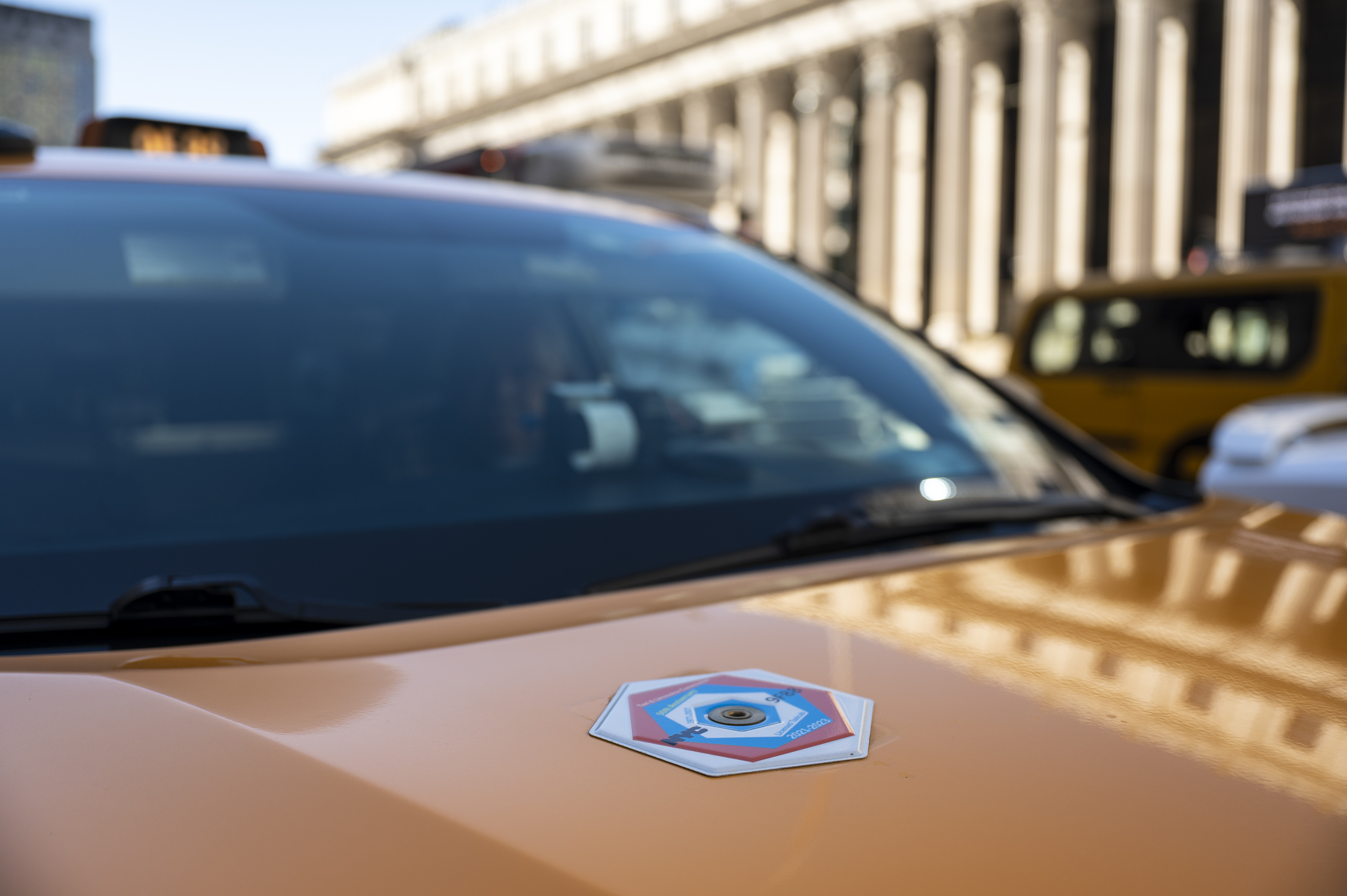 Hiram Alejandro Durán/THE CITY
Hiram Alejandro Durán/THE CITY
Dhiren said he declined and that he received a notification in October that the medallion had been sold.
“I said, ‘What is going on?’” said Dhiren, who paid more than $600,000 for the medallion in 2011. “This was very shocking news for me.”
An AmeriNat spokesperson declined comment, and OSK did not respond to requests for comment.
The city did not release the number of medallions presently in storage.
In the meantime, the Prius remains in the driveway, with Dhiren in the dark on the status of his medallion.
The Bangladeshi immigrant said he figured owning one would be “a life changer” when he bought it more than a decade ago, but now views it very differently.
When asked if he regrets the investment, he said, “Oh, yeah. You don’t have good sleep now.”
THE CITY is an independent, nonprofit news outlet dedicated to hard-hitting reporting that serves the people of New York.



